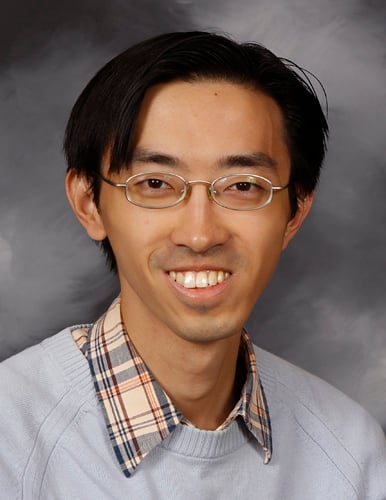The May issue of Smithsonian Magazine highlighted many of the wonders contained in the UP of Michigan. “With Lake Superior to the north, Lake Michigan to the south and Lake Huron to the east, the UP covers 16,542 square miles, or about 28 percent of Michigan’s landmass.”
To read more about the UP, including the Ford Center in Alberta which hosts Michigan Tech’s forestry research center see Smithsonian.
